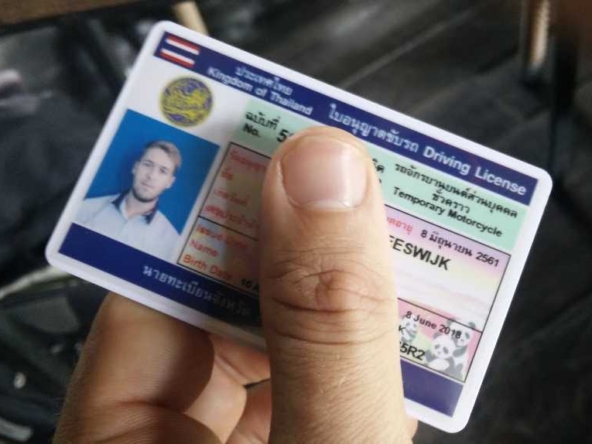Koh Samui, with its stunning beaches, vibrant culture, and tropical climate, is a popular destination for property investment. Whether you’re looking for a holiday home, a retirement haven, or an investment opportunity, buying property in Koh Samui can be a rewarding experience. However, it’s essential to understand the legalities and processes involved. Here’s a comprehensive guide to help you navigate the property market in Koh Samui.
Legal Considerations
- Foreign Ownership Restrictions: In Thailand, foreigners cannot own land outright. However, there are several legal avenues to acquire property:
- Condominiums: Foreigners can own up to 49% of the total area of a condominium project. This is the most straightforward way for non-nationals to own property in Thailand1.
- Thai Limited Company: Setting up a Thai Limited Company is another option. The company can own the land, but foreigners can hold no more than 49% of the shares. Control can be maintained through preferential voting rights1.
- Leasehold Agreements: Foreigners can lease land for up to 30 years, with the possibility of renewing for two additional 30-year periods. This allows the use of the land and ownership of any structures built upon it1.
- Building Ownership: Foreigners can own buildings or structures without owning the land. This involves purchasing the property and leasing the land from a Thai owner1.
- Legal Assistance: It’s crucial to seek guidance from a knowledgeable real estate broker or a legal expert to navigate the complexities of Thai property laws. They can help ensure that all legal requirements are met and that your investment is secure2.
Steps to Buying Property
- Research and Choose the Right Property: Determine the type of property you want (condominium, villa, land) and the location. Popular areas in Koh Samui include Chaweng, Lamai, Bophut, and Maenam2.
- Hire a Real Estate Agent: A local real estate agent can provide valuable insights into the market and help you find the right property. They can also assist with negotiations and paperwork2.
- Legal Due Diligence: Before making any commitments, conduct thorough due diligence. This includes verifying the property’s title deed, checking for any encumbrances, and ensuring that all permits and licenses are in order2.
- Sign a Reservation Agreement: Once you’ve found the right property, sign a reservation agreement and pay a deposit (usually 1-2% of the purchase price) to secure the property2.
- Draft and Sign the Sales Agreement: Your lawyer will draft a sales agreement outlining the terms and conditions of the purchase. Both parties will sign the agreement, and you will pay a further deposit (usually 10-30% of the purchase price)2.
- Transfer of Ownership: The final step is the transfer of ownership at the Land Office. You will pay the remaining balance, and the property will be officially transferred to your name2.
Costs Involved
- Purchase Price: The cost of the property itself, which varies depending on the type, size, and location.
- Legal Fees: Fees for legal assistance, typically around 1-2% of the purchase price2.
- Transfer Fees: Transfer fees at the Land Office, usually 2% of the appraised value2.
- Taxes: Specific Business Tax (3.3% of the appraised value) and Stamp Duty (0.5% of the appraised value) may apply2.
Best Areas to Buy Property in Koh Samui
- Chaweng: Known for its vibrant nightlife, shopping, and dining options, Chaweng is ideal for those looking for a lively atmosphere2.
- Lamai: A quieter alternative to Chaweng, Lamai offers beautiful beaches and a more relaxed vibe2.
- Bophut: Famous for Fisherman’s Village, Bophut combines traditional charm with modern amenities2.
- Maenam: Known for its serene beaches and family-friendly environment, Maenam is perfect for those seeking tranquility2.
Conclusion
Buying property in Koh Samui can be a rewarding investment, offering a slice of paradise in one of Thailand’s most beautiful islands. By understanding the legal requirements and following the proper steps, you can ensure a smooth and successful property purchase. Always seek professional advice to navigate the complexities of the Thai property market and make informed decisions.
1: Own Property Abroad – Buying Property in Koh Samui 2: FazWaz – Buying Property in Koh Samui: A Step-by-Step Guide
I hope this guide helps you understand the process of buying property in Koh Samui! If you have any other questions or need more information, feel free to ask. 😊
Learn more




